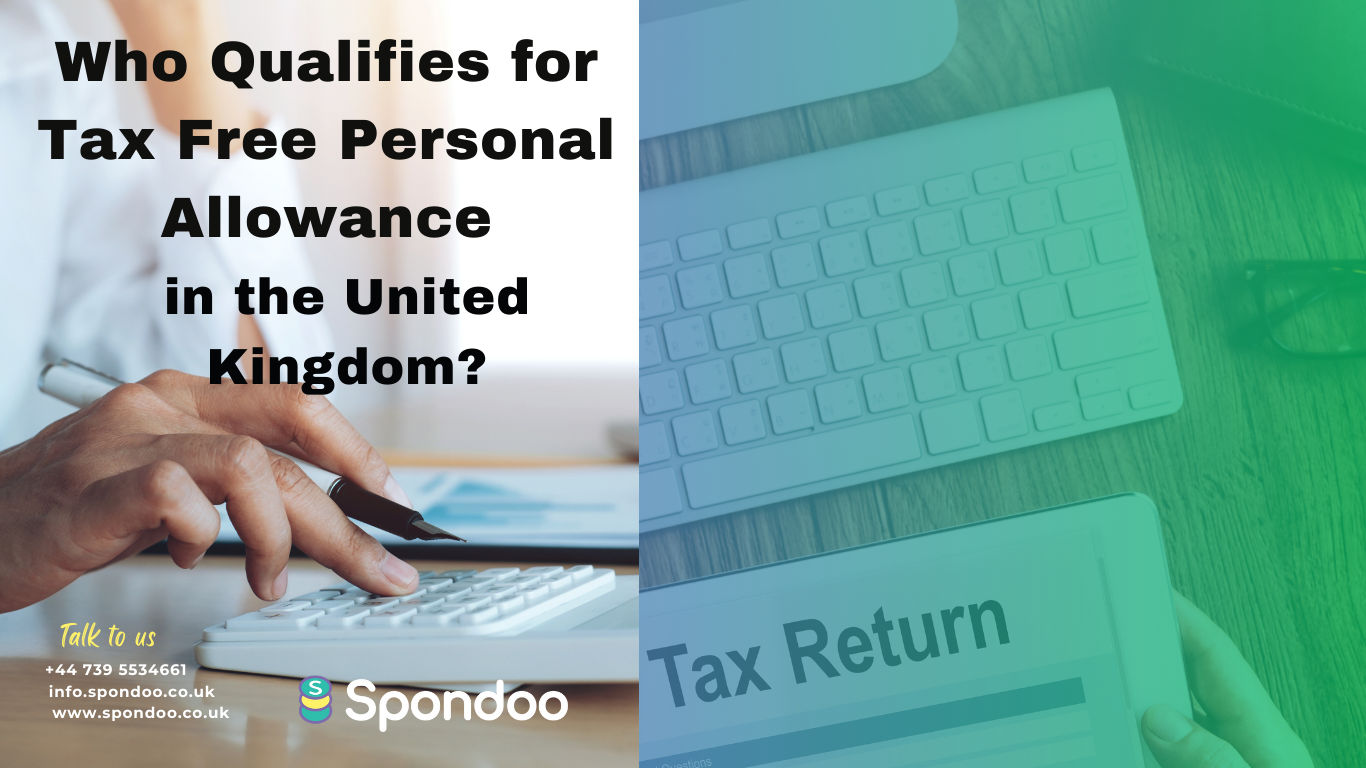
Determining eligibility for a UK personal allowance involves meeting specific criteria during the tax year in question:
How do Personal Allowances work for Non-UK tax residents?
For UK residents, the personal allowance is typically allocated automatically. However, non-residents must actively claim the allowance through the relevant section of their personal tax return (SA109). If they are not registered for self-assessment, they can complete a separate form R43 to claim it.
Moreover, individuals from specific nations enjoy entitlement to the UK personal allowance through their home countries' Double Taxation Agreement with the UK.
Notable countries included in this agreement include Argentina, Australia, Azerbaijan, Bangladesh, Belarus, Bolivia, Bosnia and Herzegovina, Botswana, Canada, Côte d'Ivoire (Ivory Coast), Egypt, Gambia, India, Indonesia, Japan, Jordan, Kazakhstan, Korea, Lesotho, Malaysia, Montenegro, Morocco, New Zealand, Nigeria, Oman, Pakistan, Papua New Guinea, Philippines, Russian Federation, Serbia, South Africa, Sri Lanka, Sudan, Switzerland, Taiwan, Tajikistan, Thailand, Trinidad and Tobago, Tunisia, Turkey, Turkmenistan, Uganda, Ukraine, Uzbekistan, Venezuela, Vietnam, the Federal Republic of Yugoslavia, and Zimbabwe.
Understanding these diverse criteria and agreements is pivotal for individuals, whether UK residents or non-residents, to optimize their entitled tax benefits within the regulatory framework.
For expert international tax advice, please get in contact.
